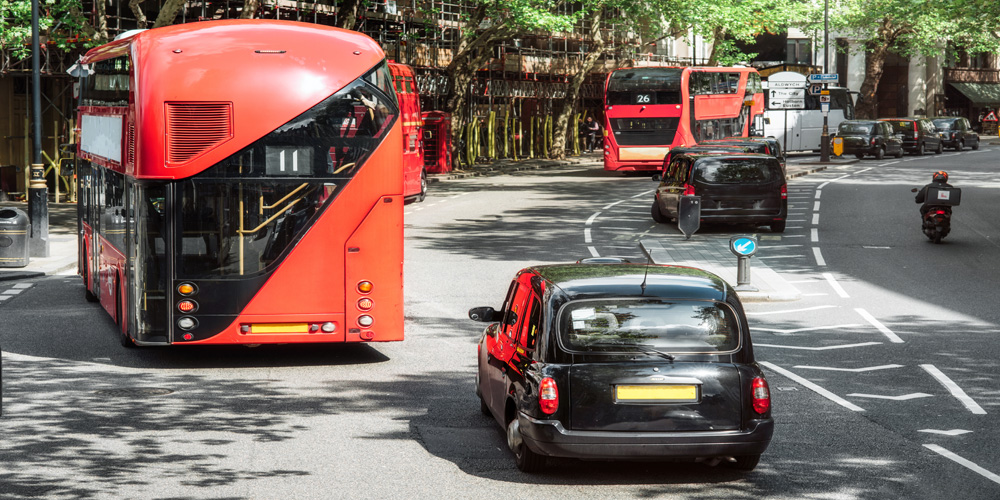Levels of harmful air pollutants have dropped significantly since the ultra-low emission zone was expanded last August, according to a report from city hall. Data from the first six months since the ULEZ expansion found that nitrogen oxides (NOx) emissions from cars across London were 13 per cent lower than projected had the scheme remained in inner London, while NOx from vans was seven per cent lower.
Analysis also showed that PM2.5 exhaust emissions from cars in outer London are estimated to be 22 per cent lower than without the expansion.
Christina Calderato, director of strategy at Transport for London, said: “We know that toxic air is associated with increased risks of asthma, cancer and dementia, and that it disproportionately affects poorer Londoners, and those from Black, Asian and minority ethnic communities.
“With the greatest number of deaths attributable to air pollution occurring in outer London, it’s great to see these results since the ULEZ was introduced London-wide.”
Across all measures, the impact of the ULEZ expansion met or exceeded TfL’s estimates, with London’s air quality continuing to improve at a faster rate than the rest of England, according to the report.
The total change was equivalent to removing 200,000 cars from the road for one year, the report said.
The Mayor of London, Sadiq Khan, said: “The decision to expand the ULEZ London-wide was a difficult one, but necessary to save lives, protect children’s lungs and help reduce the risk of Londoners developing asthma, dementia and a host of other health issues.
Today’s report shows that the ULEZ is working even better than expected.
“But there’s still more to do and I promise to continue taking bold action – including more to clean up out air and rivers – as we build a fairer, greener London for everyone.”
Mr Khan extended ULEZ from the inner London boroughs across the whole of London in August 2023.
The controversial move was initially challenged by a coalition of conservative-led councils, including Bexley, and Bromley, which took legal action.
But, in August last year the planned expansion was ruled lawful by the High Court.
Mr Khan, said: “The decision to expand the ULEZ London-wide was a difficult one, but necessary to save lives, protect children’s lungs and help reduce the risk of Londoners developing asthma, dementia and a host of other health issues.
“But there’s still more to do and I promise to continue taking bold action – including more to clean up out air and rivers – as we build a fairer, greener London for everyone.”
With around nine million people living in the area now covered by ULEZ, there are 90,000 fewer non-compliant vehicles driving in London compared to June 2023 – a 53 per cent reduction in the first six months of operation.
A scrappage scheme has disbursed £184million to more than 53,000 approved applications, with around 250 vehicles sent to Ukraine instead of being scrapped.
Overall traffic levels have not changed, bar usual seasonal variations, according to the report.
Rosamund Kissi-Debrah, the mother of Ella Kissi-Debrah, who became the first person in the UK to have air pollution cited on their death certificate, said she was “encouraged” by the report.
Earlier this year, Ms Kissi-Debrah launched a High Court claim against the Government for compensation for personal injury over her daughter’s death. She said: “People’s health, particularly children’s, should always be prioritised by society, and I hope politicians and decision-makers will continue to clean up London’s air so that everyone, regardless of where they live in the city, can breathe clean, safe air.”
